Facing many risks from the world, Vietnamese enterprises need to prepare both vision and capacity, at the same time, the government needs to reform institutions, from practice to policy and vice versa.
Vietnam's economy in 2024 with many bright spots
At the seminar "Vietnam's Macroeconomy: Looking back at 2024 and prospects for 2025" organized by the Vietnam Institute for Economic and Policy Research (VEPR) in collaboration with VnEconomy, Dr. Nguyen Quoc Viet, Deputy Director of VEPR, commented that the global economy in 2024 has tended to "soft land" after the Covid-19 pandemic, thanks to tight monetary policies, low energy prices and supply chain pressure to reduce global inflation has decreased and stabilized.
In Vietnam, although it is considered to continue to be a "sad economic" year, overall, the Vietnamese economy in 2024 still shows many positive signs.
FDI capital flows are a bright spot. As of early December 2024, Vietnam had attracted 174 FDI projects in the semiconductor sector with a total registered capital of nearly 11.6 billion USD. In addition, statistics at the end of November showed that total registered FDI capital reached 31.4 billion USD, up 1% over the same period last year. Realized capital reached 21.68 billion USD, up more than 7%, which is also the highest level in the past 5 years.
As for domestic capital flows, domestic enterprises' confidence is increasing as the private sector accounts for a high proportion in helping to increase total State budget revenue; in the first 9 months of 2024, private investment increased by 7.1%.
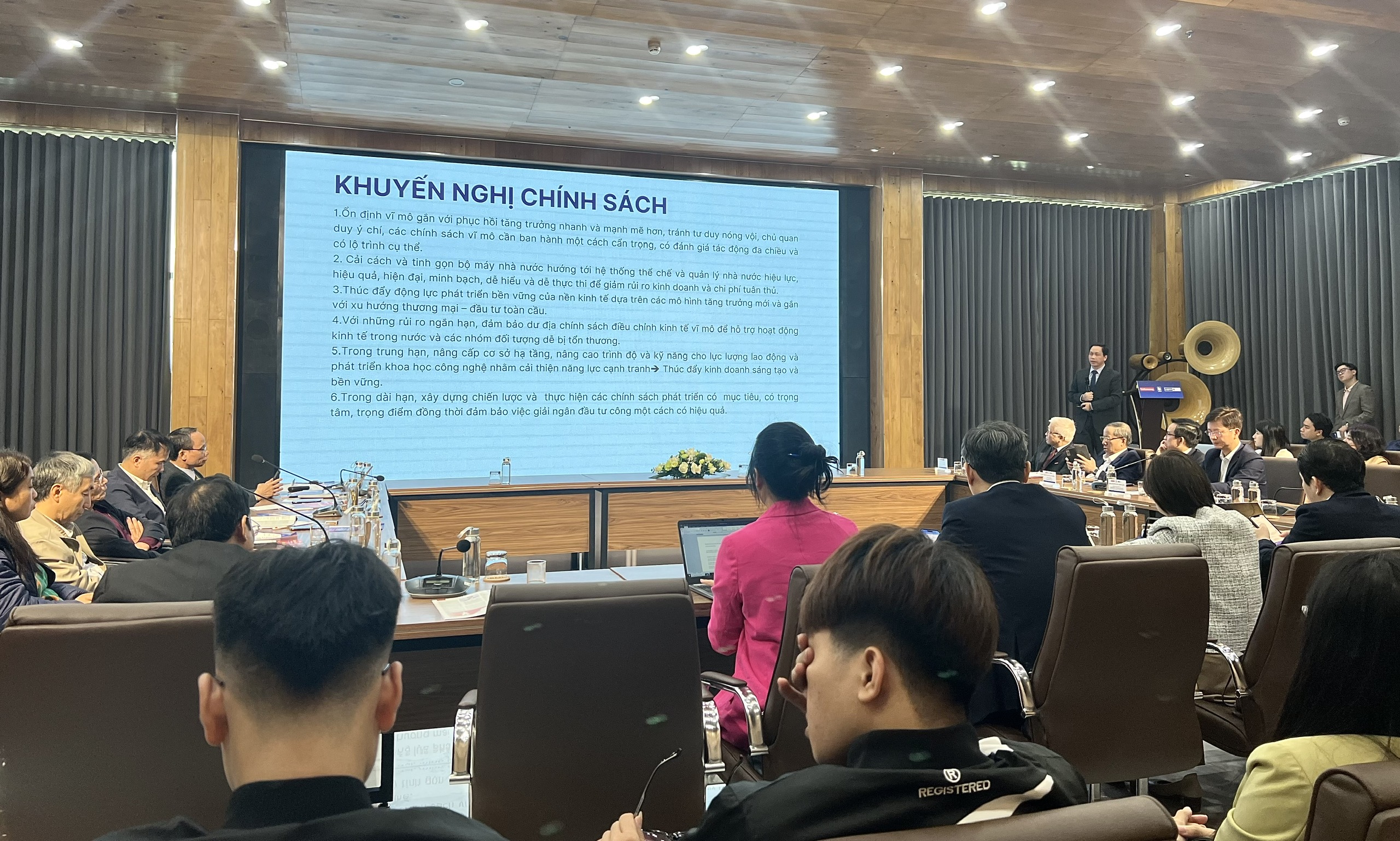
Experts analyze opportunities and challenges in 2025 for the Vietnamese economy in general and Vietnamese enterprises in particular.
From those bright spots, Mr. Viet said that Vietnam's economic growth forecasts all expect the economy's development potential in 2025, expected to reach 6.5% from growth in public investment, private investment and import-export activities.
In addition to growth opportunities from the above investment groups and business activities, fluctuations from the weakening of the USD and the interest rate reduction policy of the US Federal Reserve (Fed) will support the macro economy, facilitate exports, thereby taking advantage of the new US trade policy, helping the Vietnamese economy improve its global competitiveness.
However, risks from the world also pose many challenges for Vietnam. Accordingly, Mr. Viet believes that fluctuations in the world economy and trade protection policies from the new US President and major countries can reduce growth for the Vietnamese economy.
Typically, geopolitical conflicts, trade wars, technology wars; inflation and exchange rate fluctuations will strongly affect global growth, especially in the export sector (including Vietnam).
In addition, experts added a number of other challenges, including: Slowing growth trends in major partner countries such as China, the US, Japan, etc., directly affecting import-export and tourism; Businesses mainly face many difficulties from legal issues, costs, uneven and unsustainable orders, increasingly strict requirements for greening and digitalization, etc.
For Vietnam's economy to "overcome headwinds" in 2025
Dr. Can Van Luc, Chief Economist of BIDV Bank, Member of the National Financial and Monetary Advisory Council, pointed out the impacts on the Vietnamese economy from the policies of Mr. Donald Trump - the new US President who will officially take office on January 20.
Regarding opportunities, Mr. Luc stated that the policy of reducing taxes and increasing infrastructure investment will help stimulate consumption and investment, helping to increase the demand for exported goods and services for Vietnam; Increasing strategic competition in trade and technology, creating a trend of shifting investment capital to Vietnam...
However, along with that are major challenges such as changes in tax policies, increasing US and global inflation causing the Fed and other central banks to delay lowering interest rates, increasing inflationary pressure, interest rates, exchange rates and indirect investment from emerging countries in Vietnam; Immigration control will impact Vietnam's tourism and study abroad sectors...
Therefore, to prepare for the era of growth as well as to face the above challenges, and at the same time seize opportunities, Mr. Luc offers some specific solutions.

Businesses need to grasp global trade trends and develop the dual concept of "greening and digitalization". Illustrative photo
For business organizations, it is necessary to make good use of support policies on taxes, fees and interest rates... to restructure operations, control financial risks and cash flow; Grasp major trends, specifically the dual development trend of "greening and digitalization", build and consistently implement digital transformation, green transformation and ESG strategies; Diversify markets, partners, supply chains, products - services, capital sources for green transformation, circular economy; Improve capacity management, risk management: legal, financial, information - data, goods... and competitiveness: human resources, digital transformation, strategy, products - services, green transformation,...
In conclusion, Mr. Nguyen Quoc Viet emphasized that to help the Vietnamese economy "overcome the headwind", there needs to be coordination from both the Government and businesses. Focus mainly on stabilizing the macroeconomy in conjunction with faster and stronger growth recovery; avoid hasty and subjective thinking; issue cautious policies with multi-dimensional impact assessments and a clear roadmap.
Reform and streamline the State apparatus towards an effective, modern, transparent, easy-to-understand and easy-to-implement institutional and State management system to reduce costs and business risks.
Take new growth models and global trade and investment trends as guidance to promote sustainable economic momentum.
Source: https://pnvnweb.dev.cnnd.vn/de-kinh-te-viet-nam-vuot-con-gio-nguoc-trong-nam-2025-20250103162555129.htm


![[Photo] National Assembly Chairman Tran Thanh Man meets with outstanding workers in the oil and gas industry](https://vstatic.vietnam.vn/vietnam/resource/IMAGE/2025/4/17/1d0de4026b75434ab34279624db7ee4a)
![[Photo] The beauty of Ho Chi Minh City - a modern "super city" after 50 years of liberation](https://vstatic.vietnam.vn/vietnam/resource/IMAGE/2025/4/18/81f27acd8889496990ec53efad1c5399)
![[Photo] Closing of the 4th Summit of the Partnership for Green Growth and the Global Goals](https://vstatic.vietnam.vn/vietnam/resource/IMAGE/2025/4/17/c0a0df9852c84e58be0a8b939189c85a)

![[Photo] Nhan Dan Newspaper announces the project "Love Vietnam so much"](https://vstatic.vietnam.vn/vietnam/resource/IMAGE/2025/4/17/362f882012d3432783fc92fab1b3e980)
![[Photo] Promoting friendship, solidarity and cooperation between the armies and people of the two countries](https://vstatic.vietnam.vn/vietnam/resource/IMAGE/2025/4/17/0c4d087864f14092aed77252590b6bae)
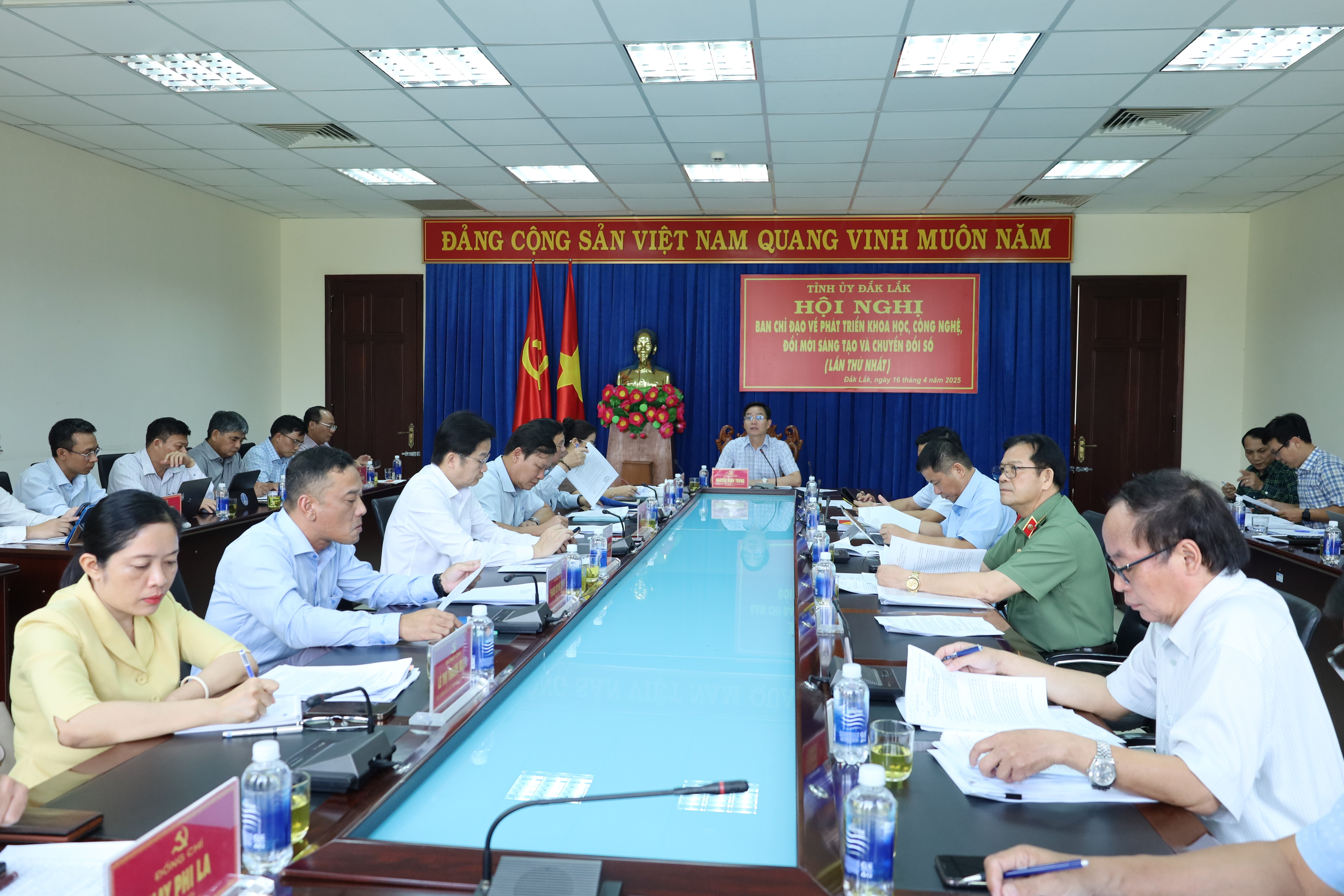


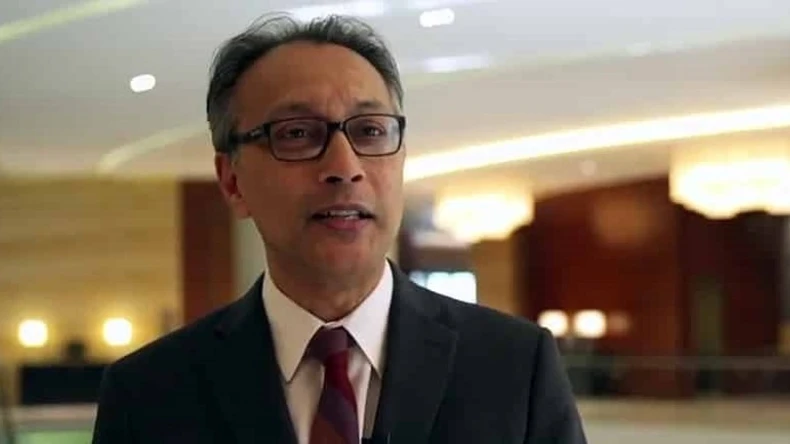

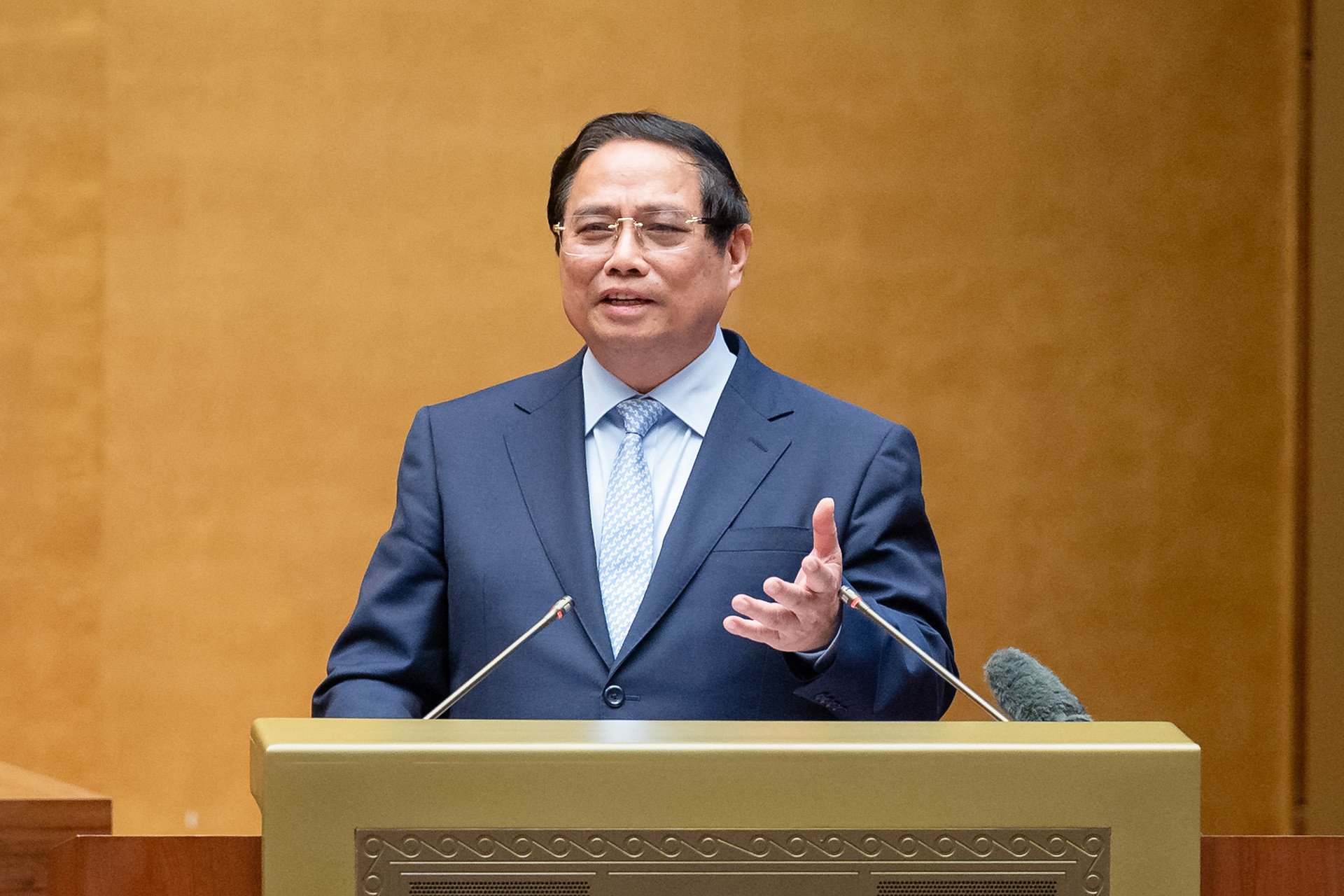


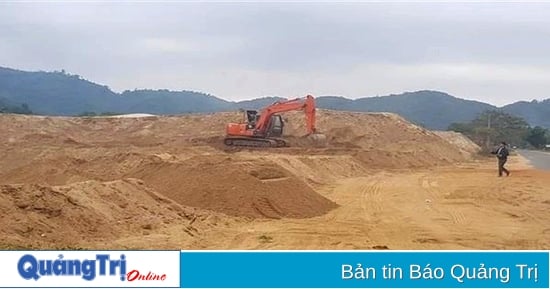


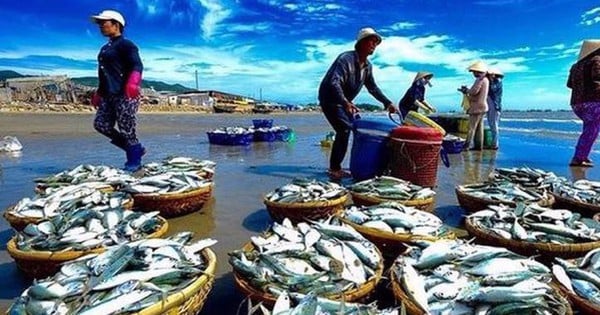
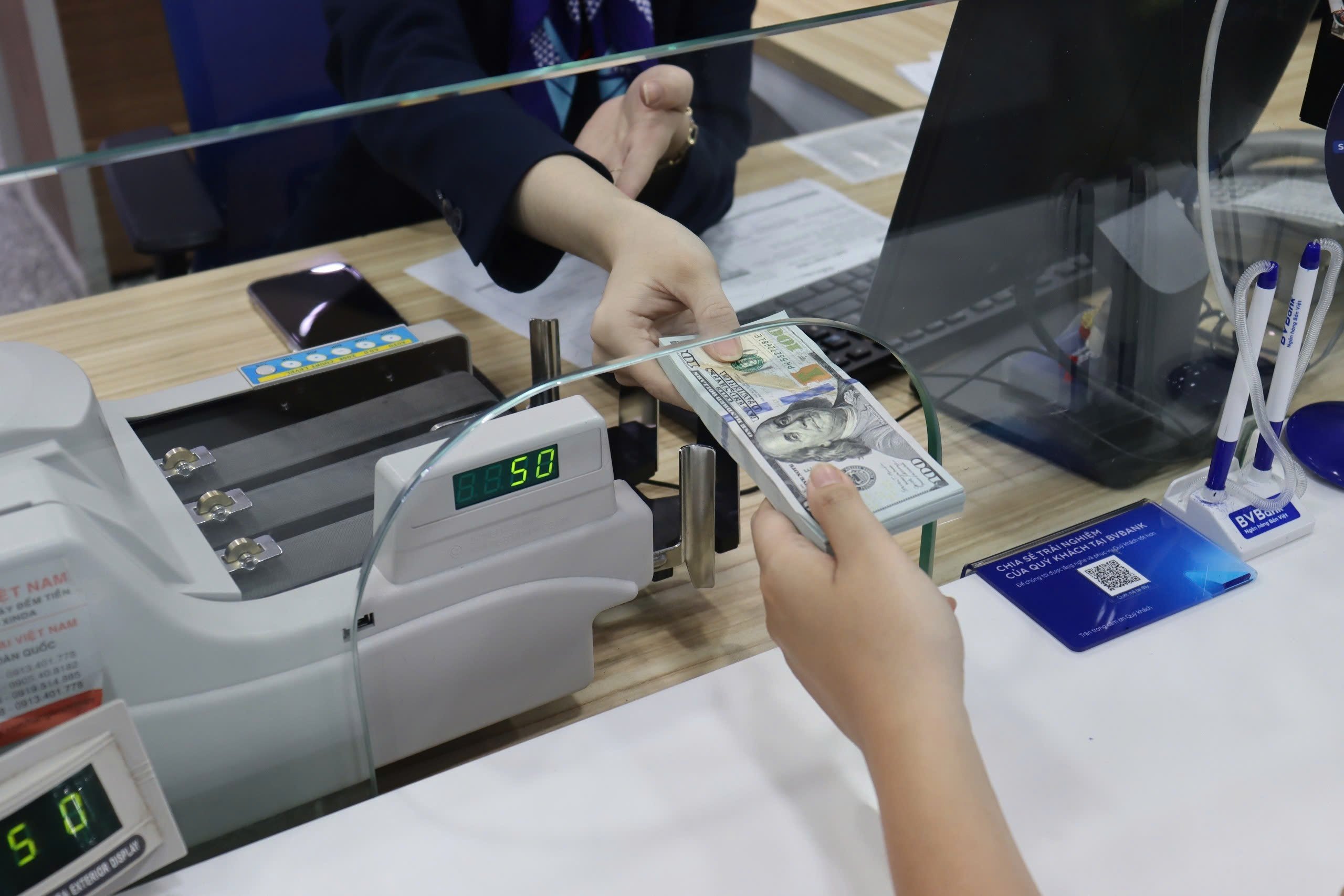
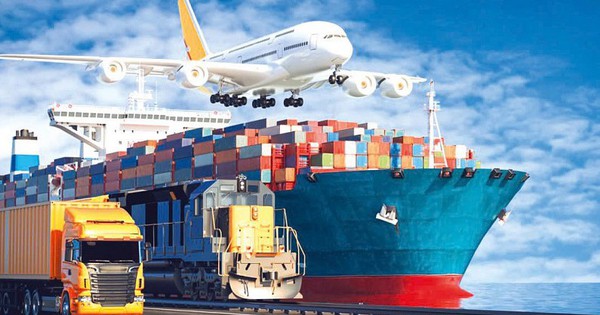

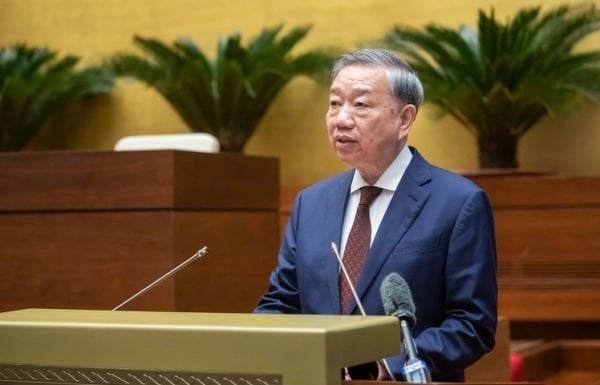






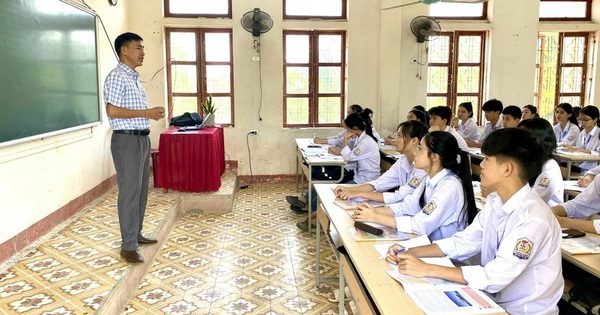



![[Photo] General Secretary To Lam receives French Ambassador to Vietnam Olivier Brochet](https://vstatic.vietnam.vn/vietnam/resource/IMAGE/2025/4/17/49224f0f12e84b66a73b17eb251f7278)























![[Video] Viettel officially puts into operation the largest submarine optical cable line in Vietnam](https://vstatic.vietnam.vn/vietnam/resource/IMAGE/2025/4/17/f19008c6010c4a538cc422cb791ca0a1)



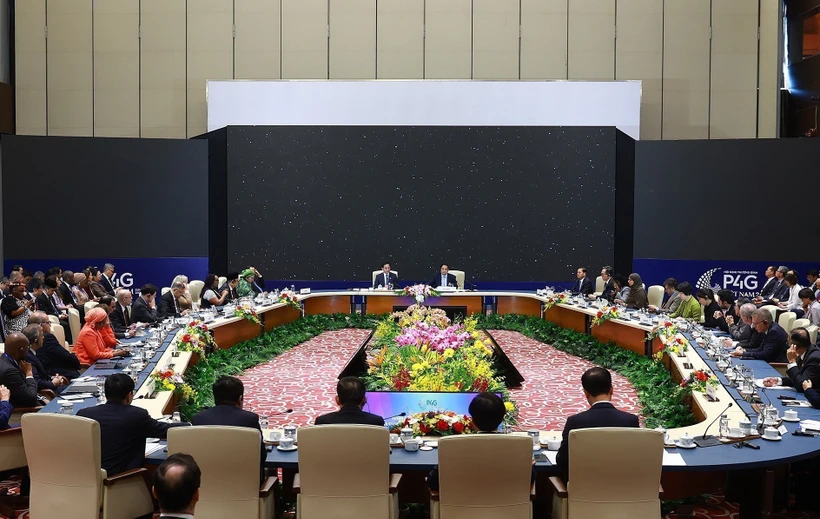

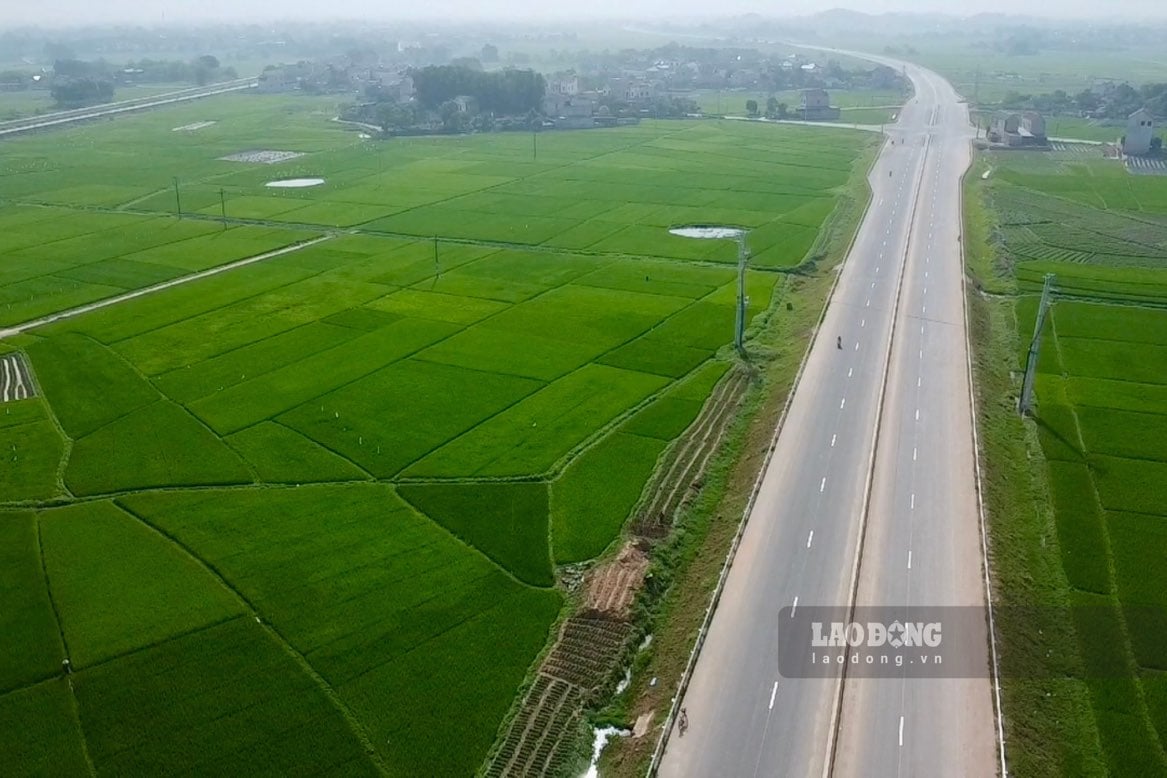

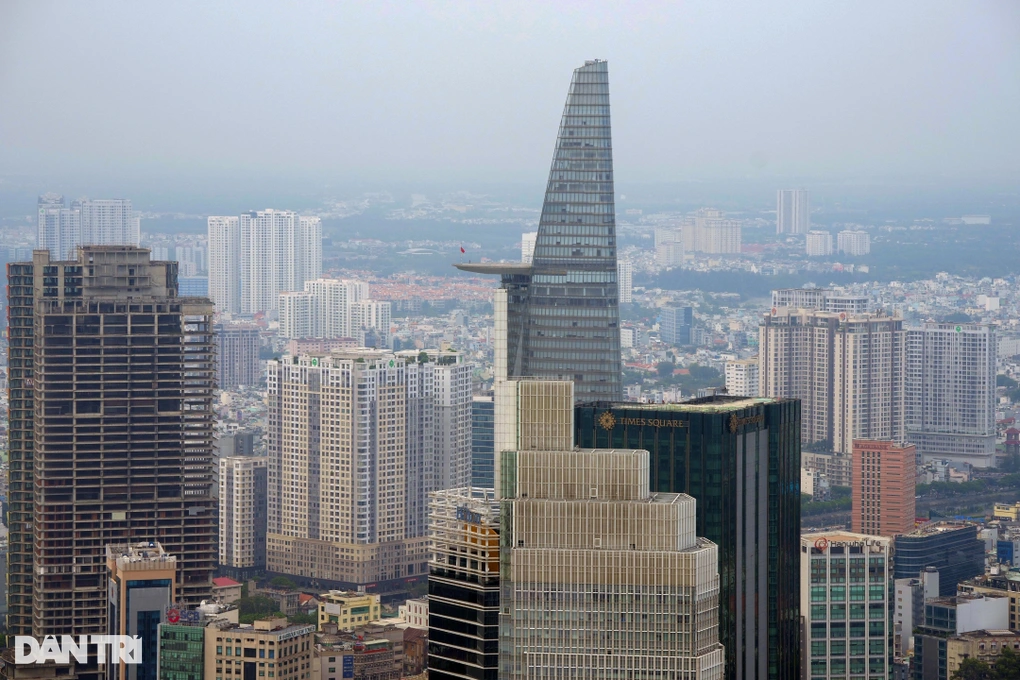





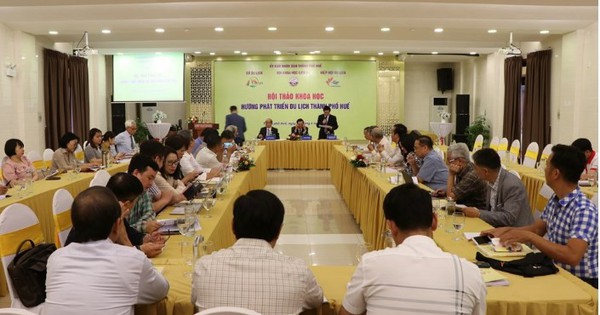

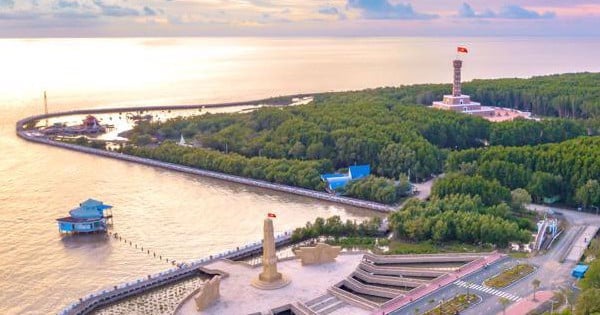



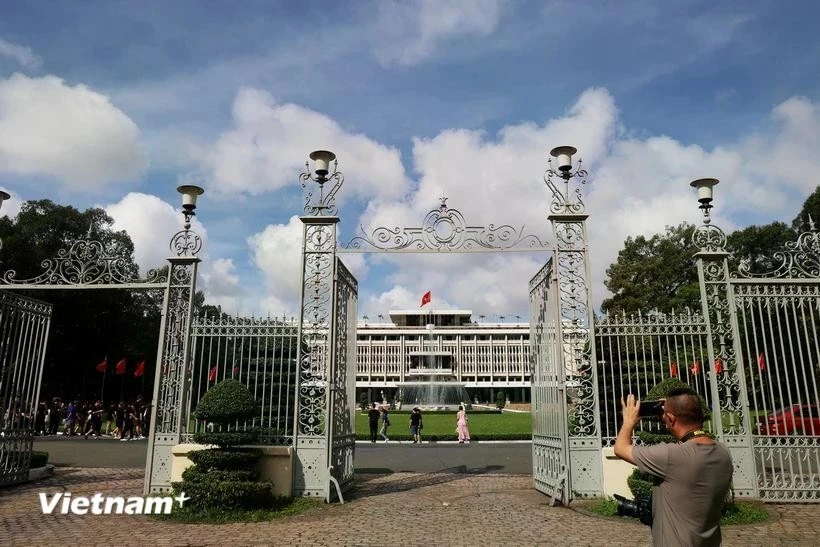



















Comment (0)